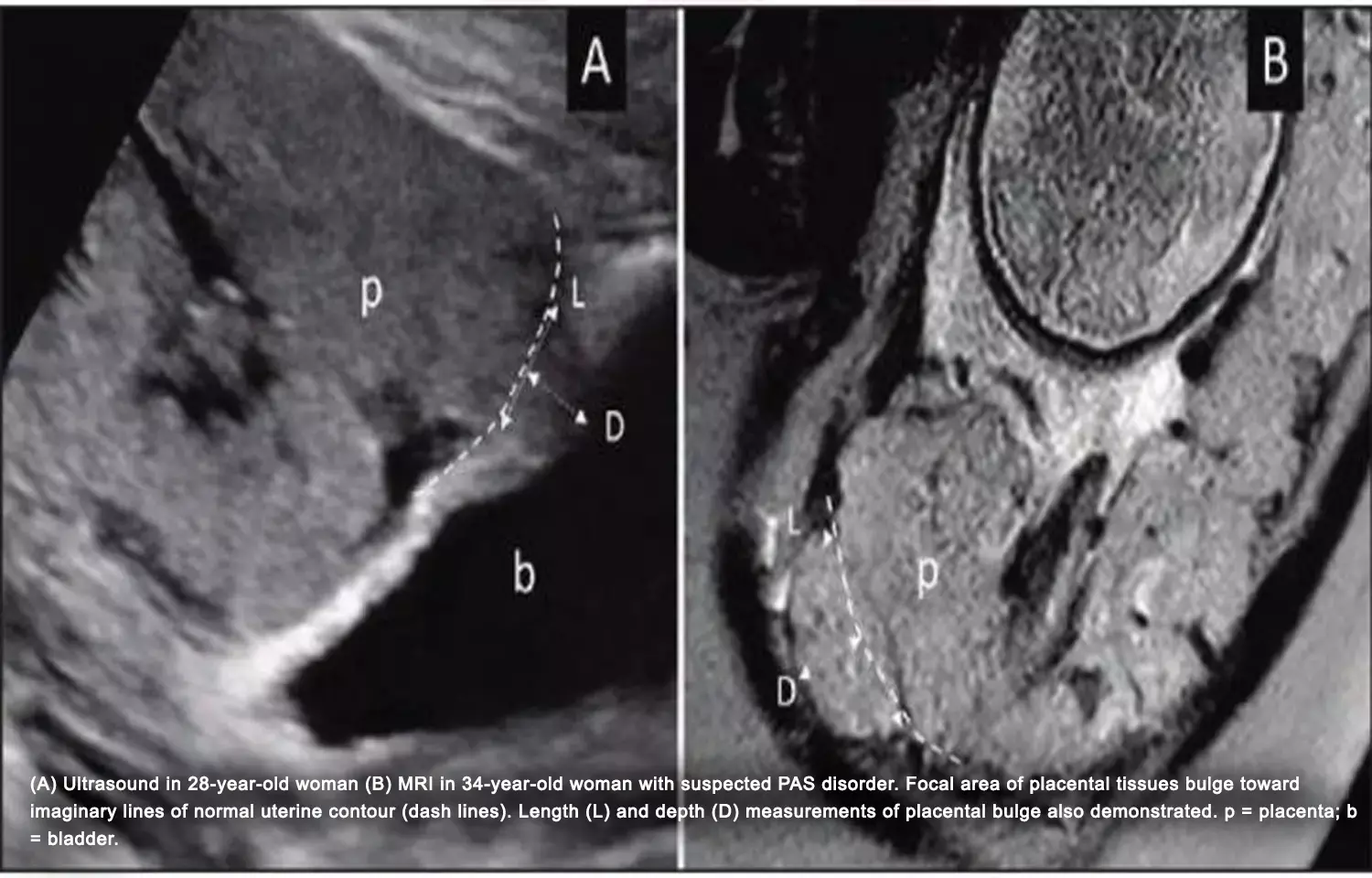- Home
- Medical news & Guidelines
- Anesthesiology
- Cardiology and CTVS
- Critical Care
- Dentistry
- Dermatology
- Diabetes and Endocrinology
- ENT
- Gastroenterology
- Medicine
- Nephrology
- Neurology
- Obstretics-Gynaecology
- Oncology
- Ophthalmology
- Orthopaedics
- Pediatrics-Neonatology
- Psychiatry
- Pulmonology
- Radiology
- Surgery
- Urology
- Laboratory Medicine
- Diet
- Nursing
- Paramedical
- Physiotherapy
- Health news
- Fact Check
- Bone Health Fact Check
- Brain Health Fact Check
- Cancer Related Fact Check
- Child Care Fact Check
- Dental and oral health fact check
- Diabetes and metabolic health fact check
- Diet and Nutrition Fact Check
- Eye and ENT Care Fact Check
- Fitness fact check
- Gut health fact check
- Heart health fact check
- Kidney health fact check
- Medical education fact check
- Men's health fact check
- Respiratory fact check
- Skin and hair care fact check
- Vaccine and Immunization fact check
- Women's health fact check
- AYUSH
- State News
- Andaman and Nicobar Islands
- Andhra Pradesh
- Arunachal Pradesh
- Assam
- Bihar
- Chandigarh
- Chattisgarh
- Dadra and Nagar Haveli
- Daman and Diu
- Delhi
- Goa
- Gujarat
- Haryana
- Himachal Pradesh
- Jammu & Kashmir
- Jharkhand
- Karnataka
- Kerala
- Ladakh
- Lakshadweep
- Madhya Pradesh
- Maharashtra
- Manipur
- Meghalaya
- Mizoram
- Nagaland
- Odisha
- Puducherry
- Punjab
- Rajasthan
- Sikkim
- Tamil Nadu
- Telangana
- Tripura
- Uttar Pradesh
- Uttrakhand
- West Bengal
- Medical Education
- Industry
Ultrasound, MRI may help in diagnosis of placenta accreta spectrum disorder: Study

Placental bulge sign on either prenatal ultrasound or MRI may help diagnose severe PAS warranting hysterectomy rather than conservative management.
USA: Accurate prenatal diagnosis of severe placental accreta spectrum (PAS) disorder by imaging may guide maternal counseling and selection between hysterectomy and uterine-preserving surgery, finds a recent study.
The findings, published in the American Journal of Roentgenology (AJR), suggest the strong performance of placental bulge for the diagnosis of severe PAS on both US and MRI, with potentially relatively stronger performance on MRI. Nonetheless, the interobserver agreement remains suboptimal on both modalities.
On ultrasound and MRI alike, the placental bulge sign represents deeper venous invasion in PAS--the focal area of myometrial-placental bulging beyond the normal uterine contour. Dighe and colleagues' retrospective study included 62 pregnant women (mean age, 33.2 years) with clinically suspected PAS who underwent both ultrasound and MRI. Blinded to final diagnoses, two maternal-fetal medicine specialists for ultrasound and three abdominal radiologists for MRI independently reviewed images for their respective modality. Using intraoperative and pathologic findings, alongside the International Federation of Gynaecology and Obstetrics classification, patients were separated into those with and without severe PAS.
"In diagnosing severe PAS," Dighe et al. noted, "placental bulge sign achieved on ultrasound an accuracy of 85.5%, the sensitivity of 91.7%, and specificity of 76.9%, and on MRI an accuracy of 90.3%, sensitivity of 94.4%, and specificity of 84.6%." Ultimately, the placental bulge was an independent predictor of severe PAS on ultrasound (odds ratio=8.94) and MRI (odds ratio=45.67).
"Placental bulge sign on either prenatal ultrasound or MRI may help diagnose severe PAS warranting hysterectomy rather than conservative management," the authors of this AJR article concluded.
Reference:
The study titled, "Role of Ultrasound and MRI in Diagnosis of Severe Placenta Accreta Spectrum Disorder: An Intraindividual Assessment With Emphasis on Placental Bulge," is published in the American Journal of Roentgenology.
DOI: https://www.ajronline.org/doi/10.2214/AJR.21.25581
Hina Zahid Joined Medical Dialogue in 2017 with a passion to work as a Reporter. She coordinates with various national and international journals and association and covers all the stories related to Medical guidelines, Medical Journals, rare medical surgeries as well as all the updates in the medical field. Email: editorial@medicaldialogues.in. Contact no. 011-43720751
Dr Kamal Kant Kohli-MBBS, DTCD- a chest specialist with more than 30 years of practice and a flair for writing clinical articles, Dr Kamal Kant Kohli joined Medical Dialogues as a Chief Editor of Medical News. Besides writing articles, as an editor, he proofreads and verifies all the medical content published on Medical Dialogues including those coming from journals, studies,medical conferences,guidelines etc. Email: drkohli@medicaldialogues.in. Contact no. 011-43720751


